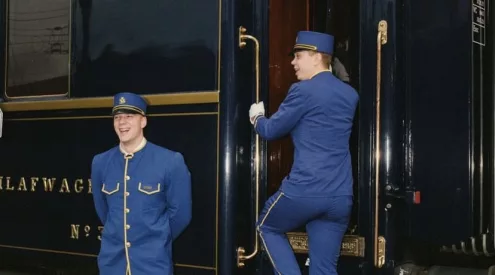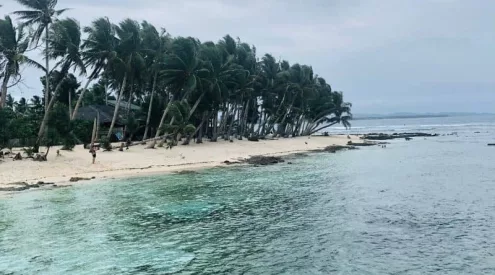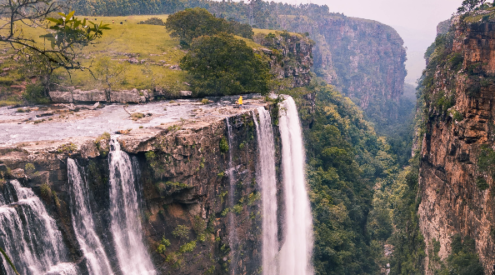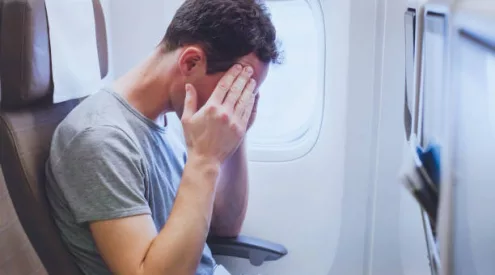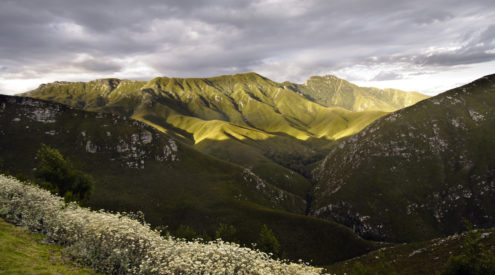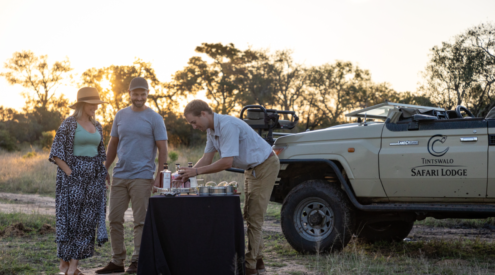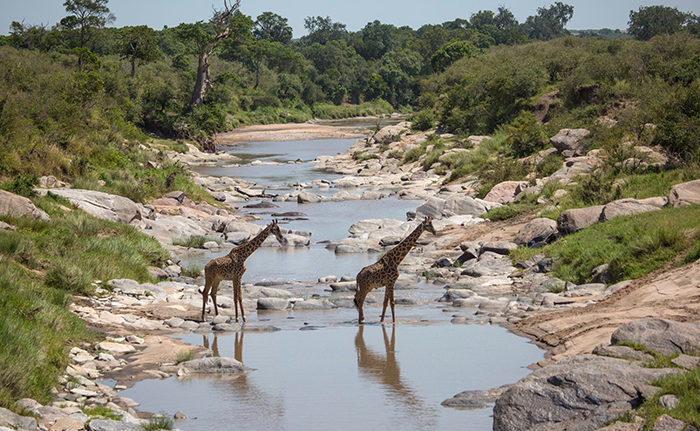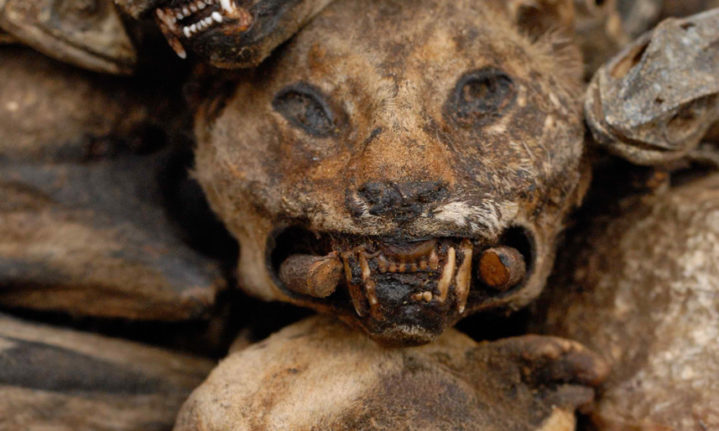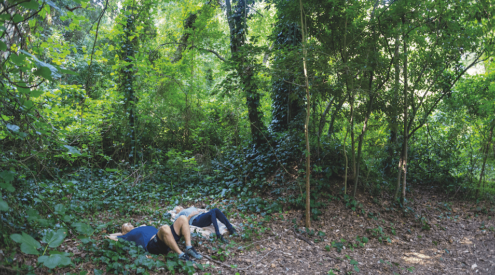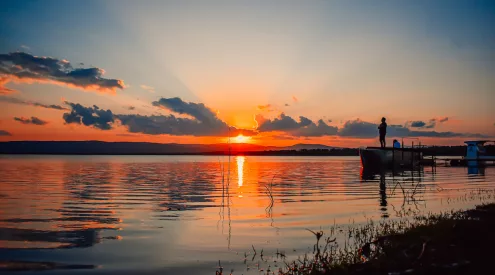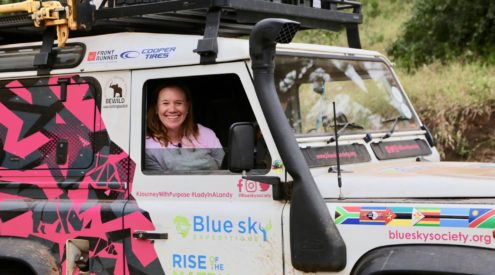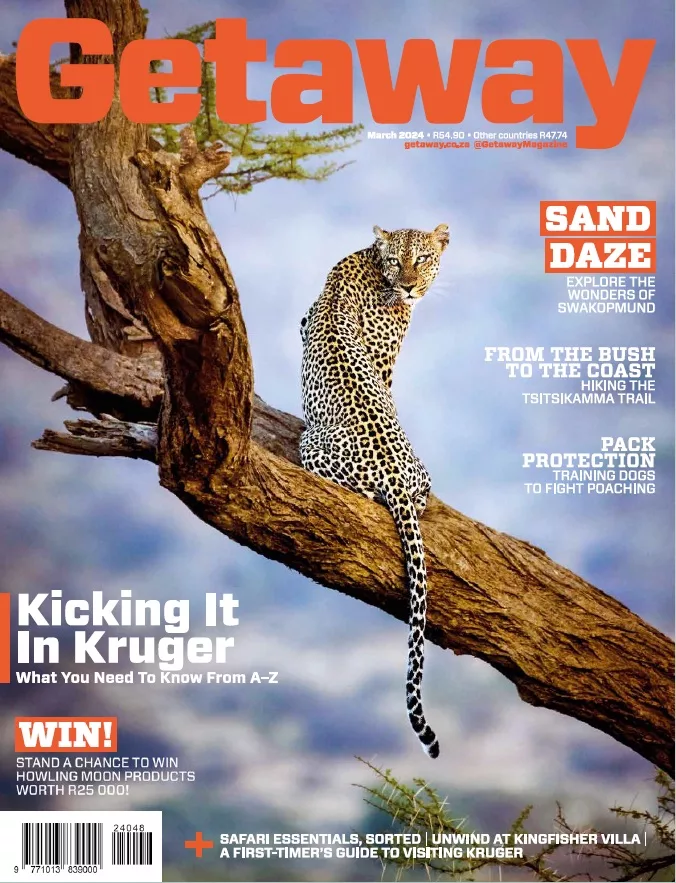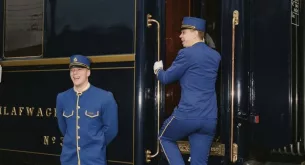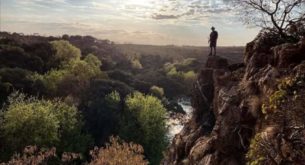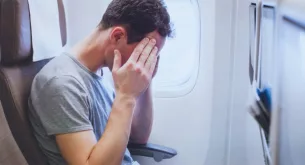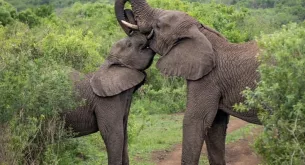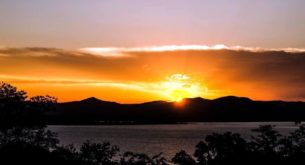Contrary to popular belief, nature is under strain as tourists withdraw from the wilderness under Covid-19 restrictions. In Africa, the solution lies in supporting those who cannot leave the wild.
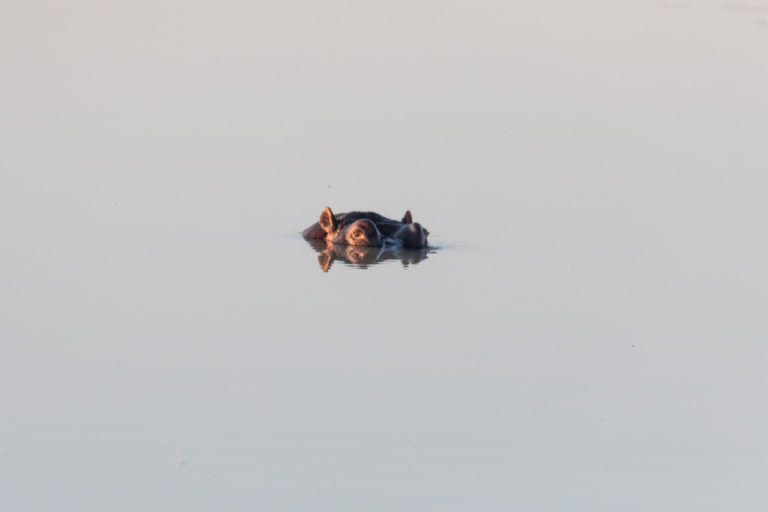
Image credit: Anton Crone
The poem Papatūānuku – Mother Earth begins:
Rest now, e Papatūānuku
Breathe easy and settle
Right here where you are
We’ll not move upon you
For awhile
Penned by Nadine Anne Hura and popularised by New Zealand President Jacinda Ardern during the height of that country’s lockdown, the evocative poem goes on to suggest that nature has a chance to rest while humans retreat. Shared widely on social media, it joined images of wild animals ‘taking back nature’; unusually clear skies and crystal waters.
But New Zealand may never catch its breath – it’s already had the wind punched out of it. All of its megafauna was killed off by Polynesian settlers about 800 years ago. Many other native species went the same way. The Land of the Long White Cloud is now a quiet corner of the natural world with a human population sparse enough to let it flex what’s left of its lungs.
By comparison, Africa is bristling with natural diversity despite the havoc that humanity has wrought upon it. A large variety of megafauna and keystone species remain thanks to stringent conservation measures, but it’s a continuous battle to maintain that diversity, and the continent is gasping as international travel has ceased.
International tourist traffic has all but vanished. Rangers have lost the eyes and ears of guides, trackers, pilots and drivers, and many rangers could be out of jobs soon. Last weekend a critically endangered silverback gorilla was killed by bush meat poachers in Bwindi Impenetrable National Park in Uganda, supposedly in self defence. ‘In the absence of tourism due to Covid-19, Bwindi (and many of Africa’s wild places) have less protection and are far more vulnerable to human exploitation,’ says safari guide and long time visitor to Bwindi, Michael Lorentz.

Field Ranger Drill Training, South African Wildlife College, Limpopo Province, South Africa. Rangers will be hard pressed to prevent poachers taking advantage of the lack of tourists on the ground. Image credit: Peter Chadwick
The safari industry is in crisis and tourism funds usually funnelled to conservation are virtually non-existent. Land leases owed to rural communities are dwindling, staff hired from those communities are being laid-off and it’s likely that a growing number of people will poach for food.
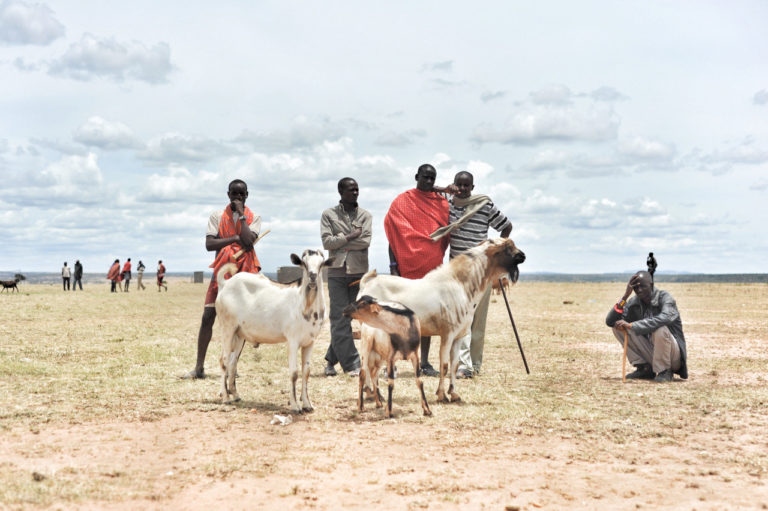
Poaching gangs could take advantage of the food security issue by targeting livestock as well as wildlife. Image credit: Anton Crone
A 2018 study of 300 parks on the continent revealed that 90% of them were already severely underfunded, measuring a shortfall of between $1 billion and $2 billion. South Africa and Kenya’s parks ranked among the best, yet about 75% of their funding comes from tourism.
An analysis published in April this year warned of a significant increase in poaching due to loss of tourism revenue and donor funds. The impact could be worse in protected areas that don’t enjoy mutually positive relationships with the local communities, the report warned.
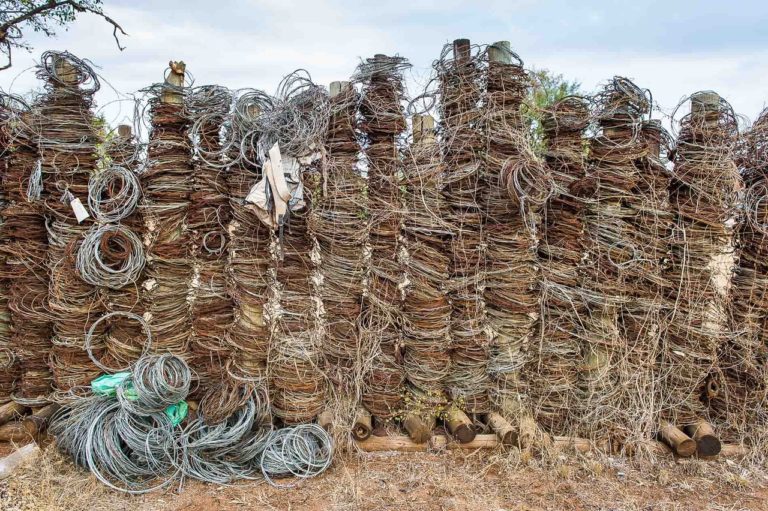
Snares recovered during patrols and placed on display, Hlane Royal National Park, Swaziland. Image credit: Peter Chadwick
Safari operators are doing what they can to support locals. Many of Kenya’s conservancies are leased to safari companies by local communities. Some have opened them up for landowners to use for grazing livestock. ‘We’re using the opportunity to give something back. We’ve renegotiated lease plans and we’re hoping we can get soft loans from donors,’ says Gerard Beaton from Rekero Lodge in Maasai Mara.
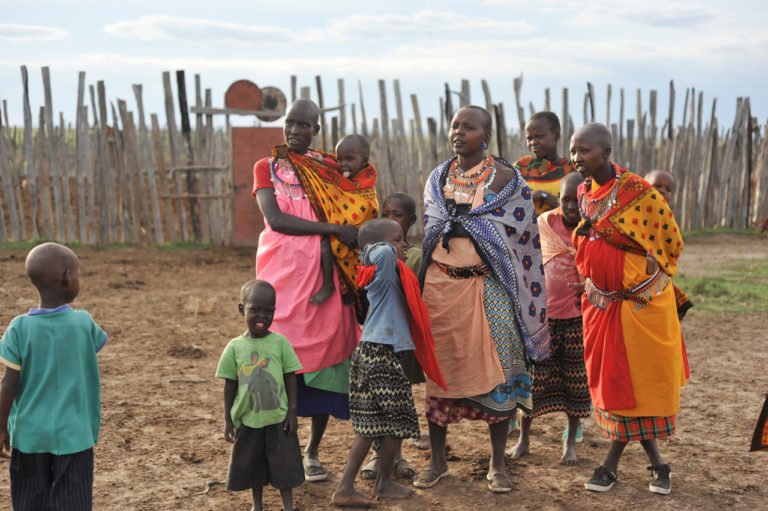
Without tourism safari operators are struggling to support local communities like this family in Mara Naboisho, Kenya. Image credit: Anton Crone
Beaton is a director of Asilia Africa which operates numerous camps in East Africa. They have just one or two Mara camps opening up in June, ‘but only for locals. In Tanzania we have three migration camps but we’ll only operate one.’ Asilia Africa employs about 900 people that depend on tourism.
In Khwai private reserve in Botswana, Sable Alley camp owner Kelly Bulter and a small team are conducting food drops in the local village. ‘The reserve pledges R600,000 annually to small village programmes and the Khwai Development Trust requested we use this pledge to assist the village with food drops this year,’ she says. ‘We take R500 worth of food to each family once a month.’
It’s estimated that rural workers in Africa support as many as 10 people. ‘Without the means to buy food, they and their dependents will have no option but to poach, whether it’s for meat, or financial gain,’ says Natural Selection co-founder Colin Bell whose company operates Sable Alley and a number of other camps in Botswana, Namibia and South Africa. ‘Governments and conservationists have been developing successful approaches that protect the continent’s natural heritage in partnership with local communities. What’s clear is that without rural community support, Africa’s wilderness areas are under severe threat’.
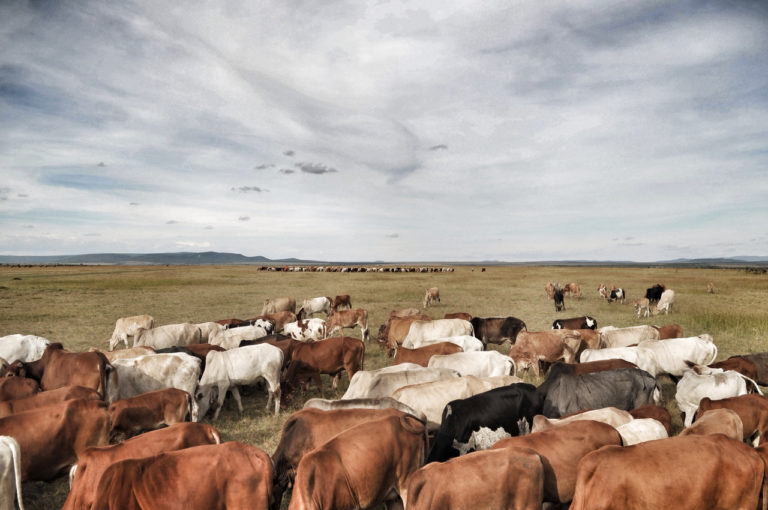
Unregulated grazing of livestock on wildlife reserves puts added pressure on the environment. Image credit: Anton Crone
Peter Chadwick, who develops operational strategies to ranger teams throughout Africa, is concerned that criminal networks will capitalise off the victims of the pandemic. ‘Poaching networks are bound to take advantage of the food security issue by providing sustenance to the people that desperately need it,’ he says. That could come from bush meat as well another readily available resource: livestock. Rural communities have a hard enough time protecting cattle, goats and sheep from predators, now they might have to deal with criminal gangs.
Locals could also be coerced into hunting iconic wildlife species for cash. The poaching of rhinos, elephants and pangolins is likely to continue. The Wildlife Justice Commission (WJC), whose insiders monitor illegal trade networks across the world, predicts poaching will rise. WJC stresses that criminal networks are agile and can adapt quickly to changing environments. Their intelligence points-out that traffickers will move stockpiles through legitimate wildlife markets and online channels, as well as by exploiting corrupt government, port and border officials.
‘Banning wet markets in China will have short-term benefit but it won’t slow them down in the long run,’ says Chadwick. ‘We need to be bold enough to say this is not just a Chinese problem. Wildlife markets exist in the States, Europe and all over Africa. A global closedown is imperative.’
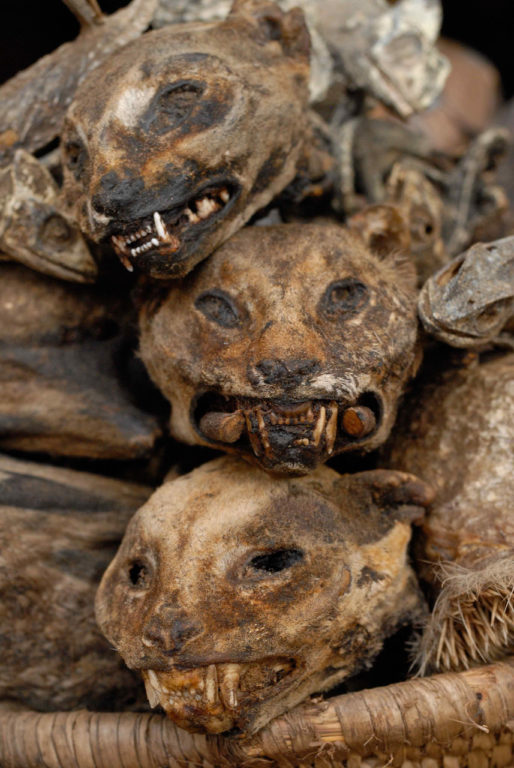
Unregulated ‘Wet markets’ are widespread in Africa. Bush meat is already a thriving trade. Image credit: Anton Crone
As profiteers open new doors in the wildlife market, the way to Africa remains closed for overseas tourists. The reopening will be agonisingly slow. First local travellers will be encouraged to enjoy the wild at cut-rate prices. The income for safari operators, parks and reserves will be pitiful compared to pre-covid rates. When global air travel resumes predictions are that it will be prohibitively expensive.
As we gather our own breath, local and international nature lovers can give safari operators, reserves and national parks their assurance by booking as soon as they are able to. They can also help by supporting conservation initiatives and wildlife organisations that focus on sustaining local communities. The people who live on the periphery of the wild have a profound influence on it. Breathe life into these communities and Mother Earth will thank us. As Pulitzer Prize winning author Richard Powers writes: If you would learn the secrets of Nature, you must practice more humanity…
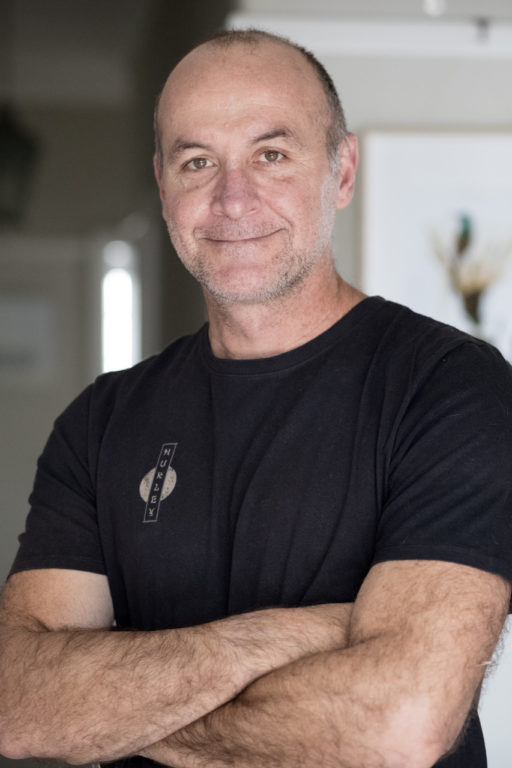
Anton Crone is the senior photojournalist at Getaway Magazine. He covers wilderness travel as well as nature conservation and environmental issues.

